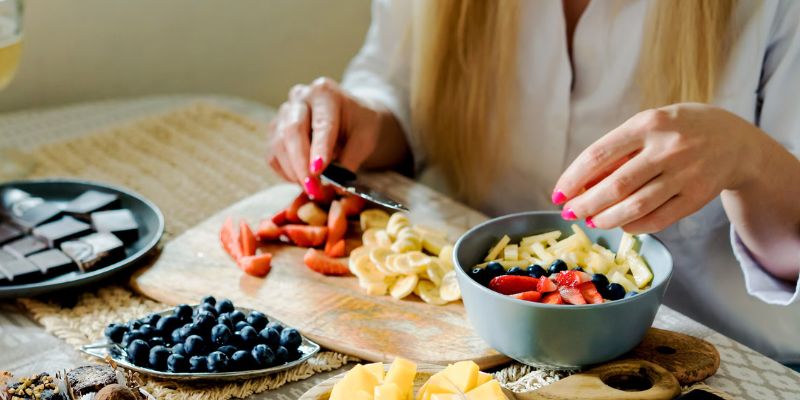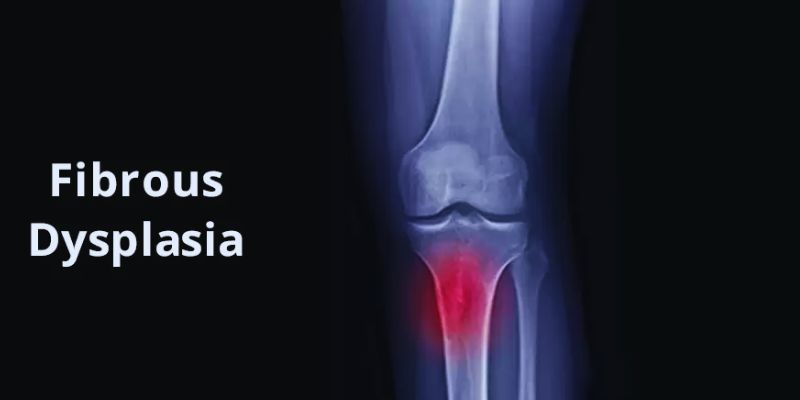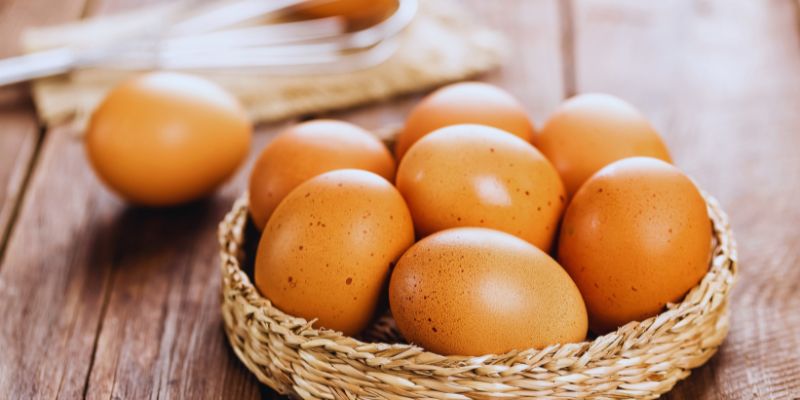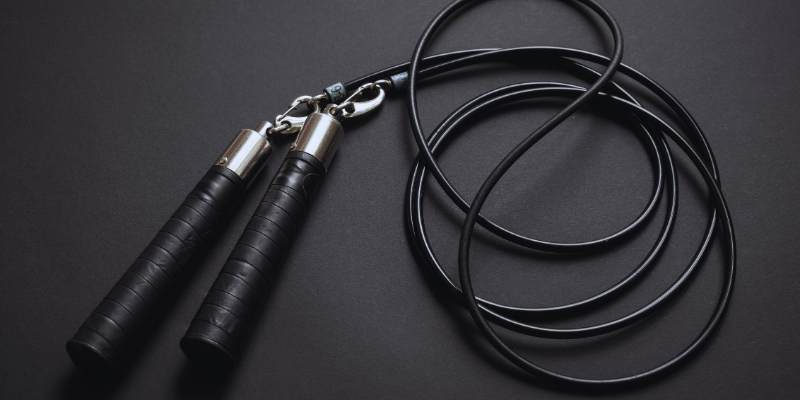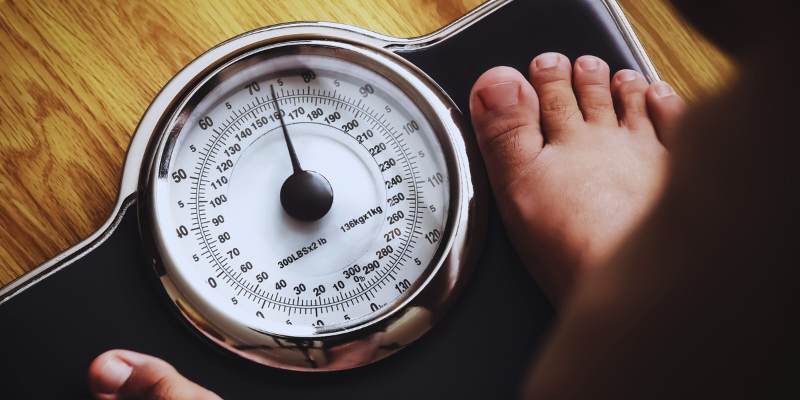Anxiety is the worst feeling anyone can experience: your heart rate and blood pressure rise. The cortisol levels (stress hormone) increase and your body enters fight or flight mode. Therefore, it is essential to address this issue and manage it early. And when it comes to anxiety management, a balanced diet can be a game-changer alongside other strategies.
Remember that what you eat can greatly affect your brain chemistry, energy levels, and ability to manage stress. For example, fruits, vegetables, and nutrient-rich foods can calm your mind and reduce stress. If you are still curious about how small dietary changes can make a big difference and help you cope with anxiety, we have got you covered. So, keep reading and learn everything in detail you are wondering to know about!
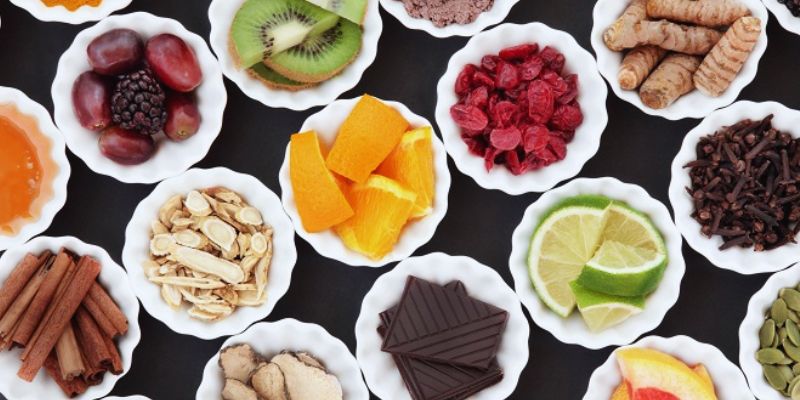
Does Diet Affect Anxiety?
Yes, diet can impact anxiety levels. Some foods that are highly processed and contain large amounts of added sugars can worsen anxiety. That's because these foods can increase inflammation, which can be the cause of anxiety. A diet rich in vegetables, fruits, and healthy fats can reduce anxiety symptoms. Fruits and vegetables are rich in antioxidants and combat oxidative stress and inflammation, ultimately reducing anxiety.
If your diet lacks nutrients such as magnesium, vitamin D, and omega-3 acids, you are likely to experience anxiety symptoms. Suppose your body experiences rapid sugar spikes followed by a rise in dopamine. In that case, you are likely to experience mood swings and feelings of anxiety due to the crash in blood sugar levels later on. A healthy gut can also reduce anxiety symptoms because the microbiome is essential in maintaining mental health.
What Foods Should You Avoid If You Have Anxiety?
If you experience anxiety, you should avoid eating the following foods to manage the symptoms:
- Regular Soda: Regular sodas are full of blood-spiking sugar with no nutrition. Soda, which is a heavily added sugar drink, has a direct link to anxiety as well as depression. If you crave soda, try sprinkling water instead.
- White Bread: White bread is made from highly processed white flour, which rapidly turns into sugar after you eat it. It can cause energy spikes and crashes because the bread quickly turns into sugar and enters the bloodstream, which can lead to anxiety. If you are craving toast, make it from whole-grain bread.
- Food Dressings: Avoid prepackaged dressings loaded with sugar and dressings under the label of “light” or “sugar-free." Many companies use aspartame, an artificial sweetener that has been directly linked to anxiety. Carefully read the ingredients next time you buy your dressings.
- Ketchup: Ketchup is not just tomatoes. It is loaded with sugar—1 tablespoon of ketchup contains 4 grams of sugar. Some ketchup also contains artificial sweeteners, such as aspartame, which can lead to anxiety. If you are looking for an alternative, go for homemade tomato salsa.
- Energy Drinks: Energy drinks can cause sleep issues, anxiety, and irregular heart rhythms. The caffeine levels in energy drinks are hidden in ingredients. These energy drinks are also loaded with sugar and artificial sweeteners, which can again lead to anxiety. Switch energy drinks with regular water if you're thirsty.
- Soy Sauce For Gluten-Sensitive Individuals: Avoid soy sauce if you are sensitive to gluten. It can cause anxiety in gluten-sensitive people, make you feel lazy, and drain your energy. Make sure to check the labels before buying.
- Processed Foods: Suppose you enjoy eating processed foods such as pastries, candies, pasta, cereals, fried foods, and high-fat dairy products. In that case, you are likely to experience anxiety symptoms. Try to include more fruits and vegetables in your diet to avoid anxiety.
Do Anxiety Symptoms Improve If You Eat The Right Foods?
Yes, anxiety symptoms can significantly improve if you feed your body the right foods. Food is rich in vitamins, minerals, and other nutrients to help you manage anxiety symptoms. Avoiding processed foods, sugary items, and excessive coffee can positively impact the mood. The following is a list of foods you should include to reduce anxiety and improve mental health.
- Avocados: Avocados are considered a superfood packed with fiber and healthy fats. They are rich in many vitamins and minerals, particularly vitamin B, which is important for mental health. Studies have shown that diets rich in vitamin B can reduce anxiety. Avocados contain vitamin B, amino acids, and tryptophan, which significantly affect mood.
- Dark chocolate: Dark chocolate can boost your happiness and ease anxiety symptoms. Flavonols in dark chocolate may increase blood flow to the brain, improving cognitive function and reducing cortisol levels.
- Yogurt: The gut-brain connection is real. If your gut is healthy, your mental state is healthy. Studies have shown that foods rich in probiotics, such as yogurt and fermented foods, may help reduce stress and anxiety. About 95% of serotonin production, a hormone responsible for regulating mood, is produced in the gut. Your digestive system cannot produce serotonin if it is unhealthy. You can experience feelings of anxiety without serotonin.
- Blueberries: Blueberries are rich in vitamin C and antioxidants, which have been proven to relieve anxiety symptoms. A study on students showed that the group who took oral vitamin C supplements experienced reduced feelings of anxiety. Blueberries and other berries are a great snack and sugar treat.
- Salmon: Salmon contains many omega-3 fatty acids, another food that reduces anxiety. Solomon is seen to keep cortisol and adrenaline levels in check. The fatty acids in salmon promote brain health by reducing inflammation. They also regulate serotonin and dopamine. Salmon is also rich in vitamin D, which is also linked with reducing anxiety.
Conclusion:
A diet lacking in nutrition can make you upset and induce feelings of anxiety. If you consume too much sugar or sugary items, your blood sugar level spikes along with dopamine. When it suddenly crashes, it takes down your mood as well. It can induce feelings of anxiety. Certain foods you should avoid if you experience anxiety are regular soda, white bread, processed foods, food dressings, and ketchup. Other foods on the include soy sauce if you are gluten intolerant. With the right foods, you can reduce anxiety. Nutrition-rich foods include avocados, dark chocolate, yogurt, salmon, and blueberries, which can help manage stress and reduce anxiety. So, start making small dietary changes and see the big difference!

